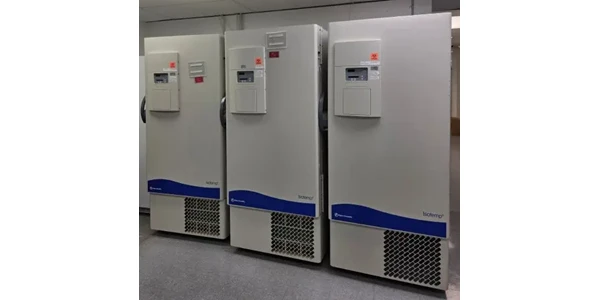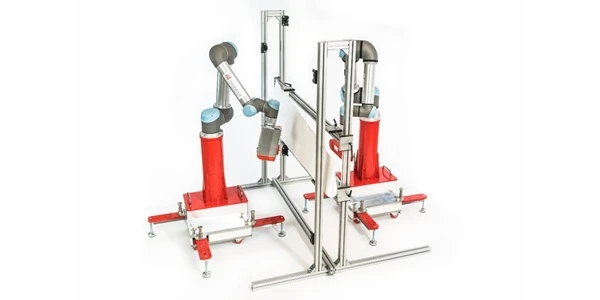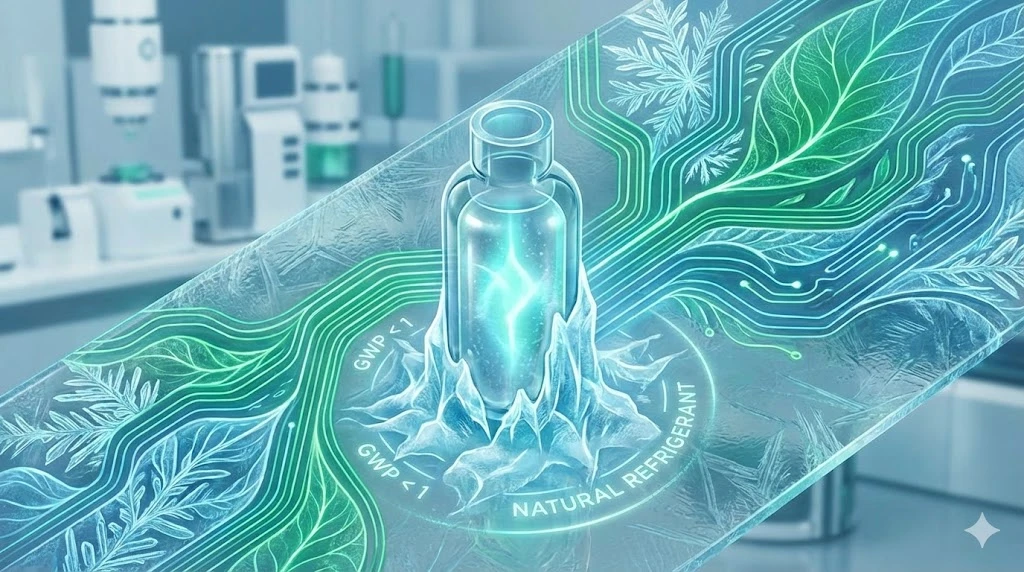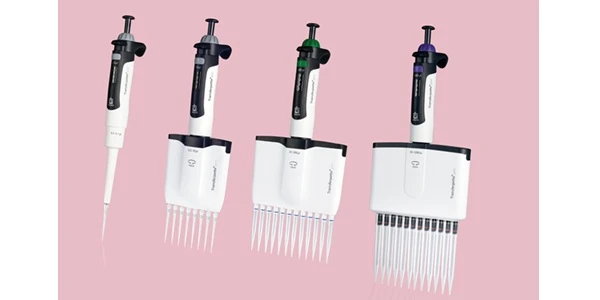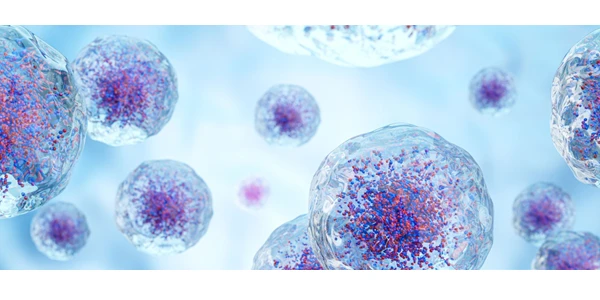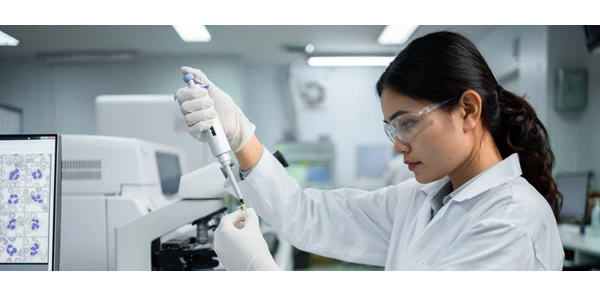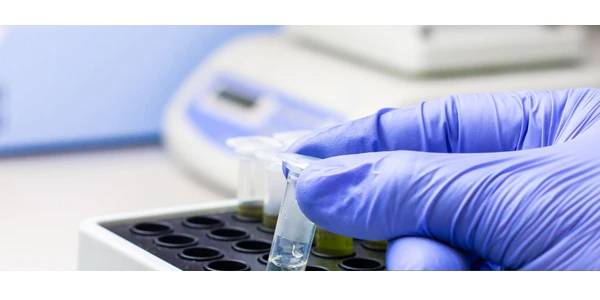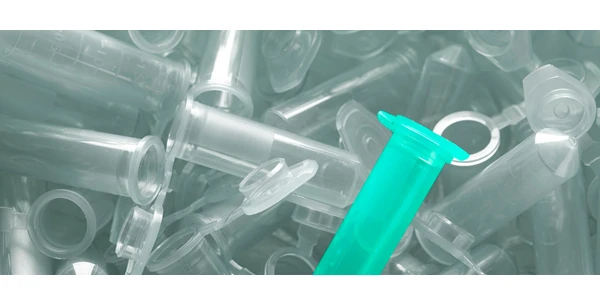Mass Spectrometry and the Requirements for High Purity Lab Water
Mass spectrometry is a highly sensitive technique which permits the trace analysis of complex mixtures and therefore requires high purity water.
Inductively coupled plasma mass spectrometry (ICP-MS)
Advances in modern analytical instrumentation have continued to improve the sensitivity of trace metal analysis, to the point that elements are now measured at ppt and sub-ppt levels. Inductively coupled plasma mass spectrometry (ICP-MS) is able to detect trace metals down to ppq levels (parts per quadrillion). This is done by ionizing the sample and then using mass spectrometry to separate and measure the ions. As a result of the very high sensitivity requirements, Type I/I+ are recommended to guarantee levels of purity.
Gas Chromatography - Mass Spectrometry (GC-MS)
Combining gas chromatography with mass spectrometry, Gas Chromatography - Mass Spectrometry (GC-MS) is used to identify different substances and has a very wide range of applications, such as drug detection and environmental analysis. Purge and trap GC-MS is the technique of choice for determining EDCs and VOCs in the environment. The requirement for water purity is extremely stringent, as very low TOC levels are required. Based on this, Type I water is suitable for this technique.
Liquid Chromatography - Mass Spectrometry (LC-MS)
A highly versatile technique, Liquid Chromatography - Mass Spectrometry (LC-MS) combines the physical separation of liquid chromatography with the analysis capabilities of mass spectrometry. Samples are separated before being detected and identified, and therefore this has many different application potentials. More analytes can be analyzed with this technique compared with GC-MS. Type I water is generally recommended for this application.
Impact of water on mass spectrometry performance
All sample pretreatments, such as solid phase extraction and sample preparation require ultrapure Type I water with 18.2 MΩ.cm resistivity and extremely low TOC. If you are seeing any of the following issues, then check your water quality!
- Adduct peaks
- Poor quality data: shifting retention times, loss of resolution, tailing peaks, baseline drift, noisy baseline, negative peaks, ghost peaks
- Back pressure: exploding columns, shortened column life, system shutdown
Water requirements in mass spectrometry
Make sure that you are using the right water type for your application. Here are the requirements for mass spectrometry applications.

This Technical Note was written by ELGA and published in conjunction with LabX.
